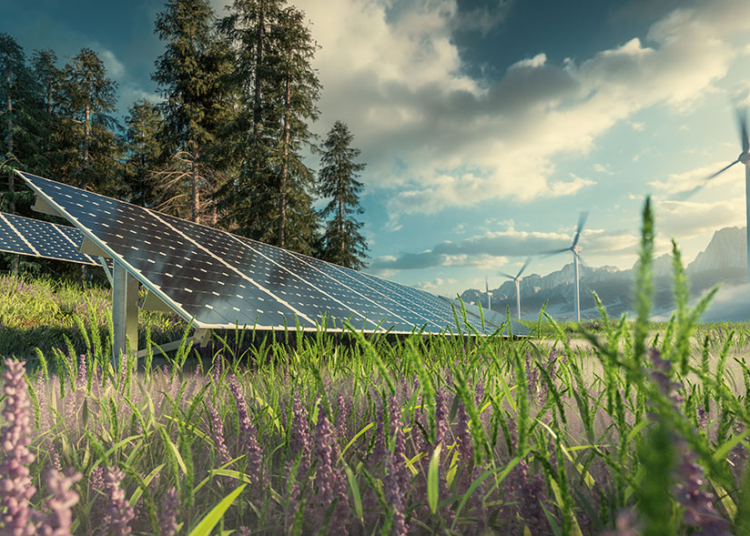Experts have advocated that African countries should embrace the abundant renewable energy resources which are described among the best in the world.
They noted that generating renewable energy creates far lower emissions than burning fossil fuels, as such there is urgent need to accelerate transition from fossil fuels, which currently account for the lion’s share of emissions, to renewable energy as key to addressing the climate crisis.
IREANA in a write up noted that Africa has vast resource potential in wind, solar, hydro, and geothermal energy and falling costs are increasingly bringing renewables within reach. Central and Southern Africa have abundant mineral resources essential to the production of electric batteries, wind turbines, and other low-carbon technologies
According to IRENA, decisions made today will shape the continent’s energy sector for decades.
The experts call comes against background of the report by energy think tank Ember’s European Electricity Review which stated that Wind and solar produced a record fifth (22%) of EU electricity in 2022, overtaking for the first time fossil gas (20%).
The key findings in the European Electricity Review said Europe’s use of coal is now falling – and it’s not coming back and that countries remain as committed to phasing out coal as they were before the crisis.
The report noted that record growth in renewables is only just starting: For the first time, wind and solar reached a fifth of EU electricity in 2022 . It said Solar generation rose the fastest, growing by a record 39 TWh (+24 per cent) in 2022—almost twice its previous record—which helped to avoid €10 billion in gas costs.
A cheering news from the Ember report estimates that fossil generation could plummet by 20% in 2023, double the previous record from 2020. Coal generation will fall, and gas generation, which is expected to remain more expensive than coal until at least 2025, will fall the fastest.
Wangari Muchiri, Global Wind Energy Council – Africa Director reacting to the Ember news said one of the lessons African countries can learn from this is to embrace our abundant renewable energy resources which are some of the best in the world.
Similarly, James Mwangi, Chief Executive Officer of Africa Climate Ventures, and Founder of the Climate Action Platform – Africa described the report on Europe as both encouraging and a warning for Africa.
He said Its data underlines the risk that Africa faces of ending up with stranded assets in terms of large investments in fossil fuels energy infrastructure, at a time when Africa also has a huge abundance of untapped renewable energy potential.
“It makes little to no sense for Africa to spend large amounts of its limited investment capital on a fading technology that will inevitably need to be written off in the near future and is already losing ground to renewables even in Europe. Renewables have a much-extended lifespan and more attractive long-term economics. The $133 billion every year needed by Africa in clean energy investment is what this continent needs.”
Expressing mixed feelings over the report, Nnimmo Bassey, Director, Health of Mother Earth Foundation (HOMEF). He said the authors are enthusiastic that the attainment of net zero in the 2030s by Europe will make the 1.5C targets attainable. He noted that reality is that many contributory factors to the rise of greenhouse gases in the atmosphere are still not seriously tackled and there is no real resolve to keep fossils in the ground.
“Moreover the 1.5C target already spells trouble for Africa and Small Island States,” Bassey added.
We’ve got the edge. Get real-time reports, breaking scoops, and exclusive angles delivered straight to your phone. Don’t settle for stale news. Join LEADERSHIP NEWS on WhatsApp for 24/7 updates →
Join Our WhatsApp Channel









